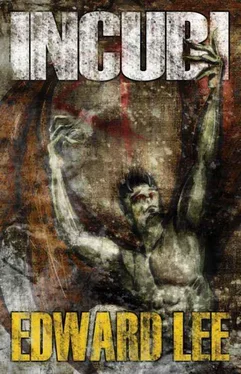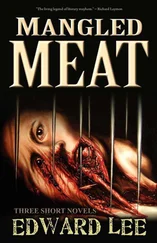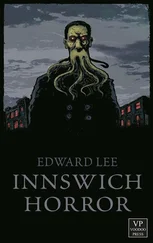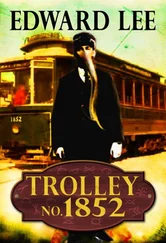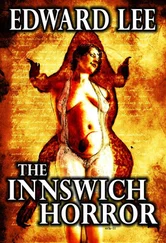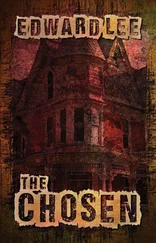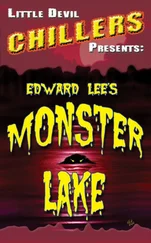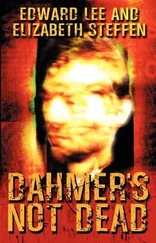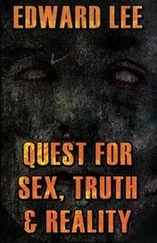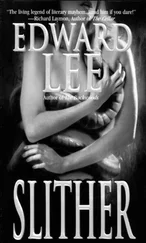The subway took Faye Rowland to Capitol South Metro in about twenty minutes. Late morning had thinned the crowds; it was a pleasant, sedate ride which urged unimposing thoughts. Her coming tasks at the Library of Congress didn’t worry her. If there was information to be found, she would find it. Simple. She thought instead of Jack Cordesman. What was wrong with him? She knew little of police procedure and even less of police. Something shattered seemed to brood behind the man’s eyes, a drowned vitality. Something, or a combination of things, had left him standing on the edge of some oblique ruin. She could name no specific reason for feeling this; she knew it was pointless to care about every sad person in the world. But Jack Cordesman had passed that point. He wasn’t sad, he was crushed . He was a crushed man, yet somehow he prevailed.
Faye Rowland had prevailed too. The broken pieces she saw in Jack Cordesman’s eyes she often saw in her own. She’d been in love once in her life. Once was enough. He’d run out two weeks before the wedding. “I’m sorry,” was all he’d said. Perhaps love was indeed blind; her reaction made no sense. Faye blamed herself. She hadn’t been considerate enough. She’d failed to compromise. She’d pressured him, she’d been lousy in bed. She’d spent a year asking him to forgive her for flaws that hadn’t existed. She’d later learned that he’d been sleeping with other women for most of their relationship, but that was Faye’s fault too. She reasoned that she must’ve failed to meet his sexual needs and had left him no choice. Self-pity often bred self-indictment.
A year later, she finally came to see the truth. Her only flaw had been in trusting someone who was not trustworthy. The real thing seldom ever turned out to be real.
Once is enough , she thought, stepping off the car into the subway’s bowels. Here was where her real failing came. What scared her most of all was the risk of being hurt again. Faye Rowland would avoid that at all costs, even if it meant being alone for the rest of her life.
So why was she thinking so intently of Jack Cordesman?
He was a slob. He was skinny, pale, out of shape. He had long hair — which Faye hated on men — and he was probably an alcoholic. It was something inside that attracted her. Prevalence, perhaps, or shared negations. Jack Cordesman had prevailed and so had she. They both knew the bottom line because they’d both been at the bottom.
The escalator lifted her from darkness to light. First Street stretched on as a crush of dirty sunlight and harried pedestrians. Black limos roved past ranks of bums in rotted clothes. Pigeons excreted en masse on pristine white government buildings. To Faye’s left stood the Supreme Court. To her right stood a hatchet-faced black who asked, “Cokesmoke, frog, ice? I got whatcha need.”
The Adams building loomed over Second Street, a cluttered ugly edifice. Getting started always took a while: there was a text limit and a half-hour wait on book requests. The reference index ran on a data base now, which was quite simple to use. She punched up the subject file, then punched in O .
O , for Occult .
* * *
“Where did you disappear to last night?” Veronica complained, walking barefoot through the plush backyard grass.
Ginny looked remote, or tired. She wore white shorts and an orange halter, and sat poolside with her feet in the water.
“I was with Gilles,” she said.
Veronica joined her. Morning blazed through the trees. “What happened?” she asked, and lazily rowed her feet in the water.
“After dinner, if you can call that disgusting shit dinner, Gilles took me for a walk. The estate is huge. He took me along all these paths in the woods. I didn’t get to bed till two.”
Veronica remembered what she’d been doing at two. The whole thing now seemed dreamlike. What Marzen had done, and had made her do, confused her. She wanted to tell Ginny but it seemed too weird to communicate.
“I don’t even remember how it started,” Ginny was going on. “He took me to this kiosk at the end of the main path. He said I looked beautiful in the moonlight — Christ, what a line. I knew what he was planning. Next thing I know I’m bare-assed on the floor of this kiosk, the moon in my eyes. I never saw his face.”
Veronica chewed her lip. She hadn’t seen Marzen’s face either. “What happened next?”
“He went down on me,” Ginny said bluntly. “Pretty good technique, I can tell you that. Average guy doesn’t know what he’s doing. Anyway, I’m just about to get off, and Gilles stops.”
Veronica didn’t have to ask the rest. “I got the same treatment from Marzen,” she admitted. “He told me I had to love myself before I could love someone else.”
“Gilles said the exact same thing to me!”
“Transposition,” Veronica mumbled.
Ginny laughed. “Boy, are we a couple of dopes. At least I don’t feel so silly now.”
Veronica watched the pulse of ripples in the water. Then she thought of her orgasms, their ferocity, the raw wildness of their release. “I wonder what kind of game they’re playing.”
“I told you. They’re trying to mystify us. Men think women are impressed by shit like that, the idiots. But…”
Ginny’s eyes beseeched her. Ginny was the most straightforward person Veronica knew, yet now there was only confusion in her expression, utter doubt. “I think I could fall in love with the guy,” she said.
“That’s the dumbest thing I’ve ever heard come out of your mouth. Some French musclehead makes it with you, and you’re ready to fall in love? You? The literary destroyer of love?”
Ginny didn’t answer. She returned her gaze to the water. Eventually she said, “I started my story. Did you start your painting?”
“Sort of,” Veronica said, remembering Khoronos’ request that they create while they were here. She hadn’t put anything on canvas yet, but she knew she would paint her dream . The Ecstasy of the Flames , she might call it. Or The Flame Lover .
“My story’s going to be about—”
“Don’t tell me!” Veronica insisted. “Khoronos said we weren’t supposed to talk about our projects till they’re done.”
“Speak of the dilettante,” Ginny said. “Here he comes now.”
They stood up quickly. Khoronos was crossing the yard with someone. “I wonder who he respects more, artistically,” Ginny ventured with some resentment. “Us or her?”
“I couldn’t care less,” Veronica claimed, yet she admitted a little resentment of her own. The woman Khoronos led across the yard was Amy Vandersteen, who seemed to have achieved the best of both worlds: the only thing bigger than her bank account was her critical acclaim. Veronica liked most of her movies — psychologic sojourns of womanhood insinuated through a dark Polanskiesque eye.
Khoronos approached them, in gray Italian slacks and a black silk shirt. “It’s my pleasure to introduce Amy Vandersteen,” he said. “This is novelist Virginia Thiel and expressionist painter Veronica Polk, both quite well-received in their fields.”
They exchanged smug handshakes. Amy Vandersteen wore clothes that reminded Veronica of Stewie: white leather pants, black boots, and a Day-Glo red cardigan over a bright blue T-shirt which read “Birdsongs of the Mesozoic.” New-wave Cleopatra , Veronica thought. The woman’s hair hung perfectly straight, with high straight bangs, and was dyed snow white. Designer contacts made her eyes purple.
“I’ve seen your books in the stores,” she told Ginny. She had a cool, nasally voice. “I’ll have to read one sometime.”
Читать дальше
